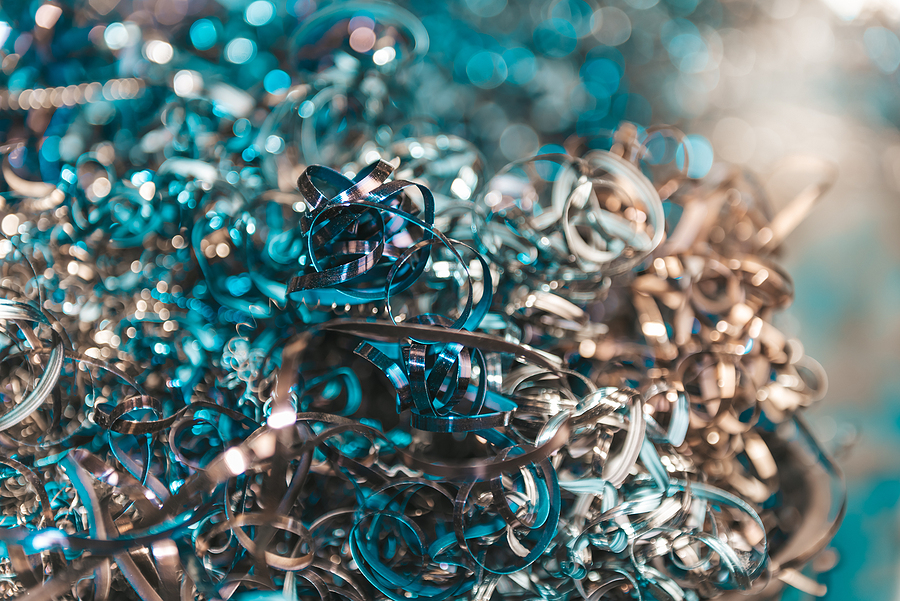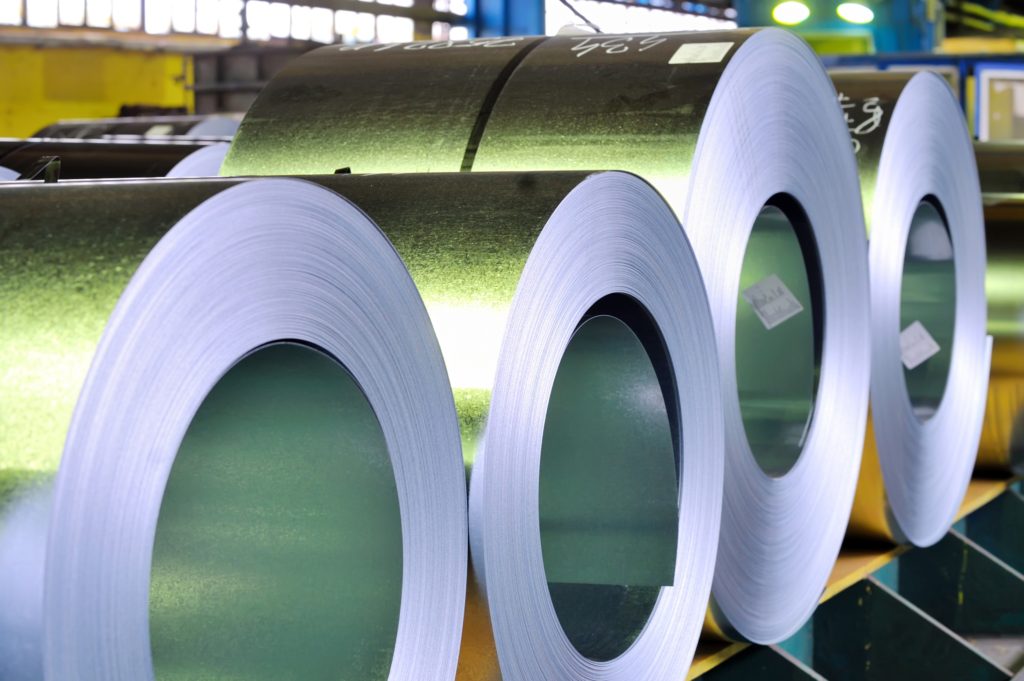All metal can be recycled. Whether it’s copper, steel, iron, brass, or precious, it can be repurposed and reused in several different applications. But how; you ask? Continue below to learn the seven basic stages of the scrap metal recycling process, and where you can get paid cash for your ferrous and nonferrous scrap right here in Indianapolis.

The Importance of Recycling Metal
There is not an infinite supply of metal in the world. We have to mine for naturally-occurring ores, which takes a lot of time, effort, and money, plus depletes our natural preserves. It also generates a nominal amount of air pollution due to the metal refining factories. So, as you can see, it is vital to reuse and repurpose all scrap metal in order to reduce our need to mine for new ores and preserve our natural resources. Furthermore, the scrap metal industry positively contributes to our local economies, providing jobs and all sorts of community initiatives.
How Scrap Metal is Recycled:
➀ Collection
First, scrap metal must be collected. Because of it’s value, scrap metal is not dumped in a landfill, and instead, is sold to scrap yards for recycling. The most common form of scrap metal comes from vehicles, but other sources include construction and plumbing scrap, railroad scrap, and farm scrap.
➁ Sorting
Once the scrap metal is gathered, it is sorted according to its type. Most often, large magnetic sensors are used to weed out the ferrous (magnetic iron-containing metals) metal from the non-ferrous metal. Metal analyzing equipment is sometimes used to further detect and sort through the metal streams.
➂ Shredding
After sorting comes processing. This generally involves shredding all of the metal so that it is lower in volume, which makes it easier to melt down. This saves a lot of energy. Aluminum and steel, however, are processed into sheets and blocks.
➃ Melting
After shredding and processing, the scrap metal is ready to be smelted down. They are placed into large furnaces, each assigned to its own type of metal, and melted into liquid form. The time it takes for metal to reach liquidity ranges between a few minutes to a few hours.
➄ Decontamination
After the metal has entered into a liquid form, it is basically sanitized. All residual contaminants and impurities are eliminated from the melted metal using a process known as Electrolysis.
➅ Solidifying
Once the metal is all cleaned and purified, it is transferred via conveyor belt to cure, or turn into a solid. Then, they are transferred into molds according to the type of metal it is and its intended application. Bars are the most commonly used shape in the recycling industry.
➆ Metal Bar Distribution
Once the molds are all done, and the metal is ready for use, they are shipped out and distributed as needed. They are hauled off to factories to be used as raw materials to manufacture new products!
Are you interested in recycling your scrap metal and getting paid cash on the spot? Contact Zore’s Recycling at 317-244-0700 for the most professional and hassle-free scrap metal recycling services in Indianapolis, Indiana.
You Might Also Like:
Facts About Ferrous and Non-Ferrous Metal Recycling
3 Good Reasons to Recycle Scrap Metal in Indiana
How Does Metal Recycling Benefit Everyone?



